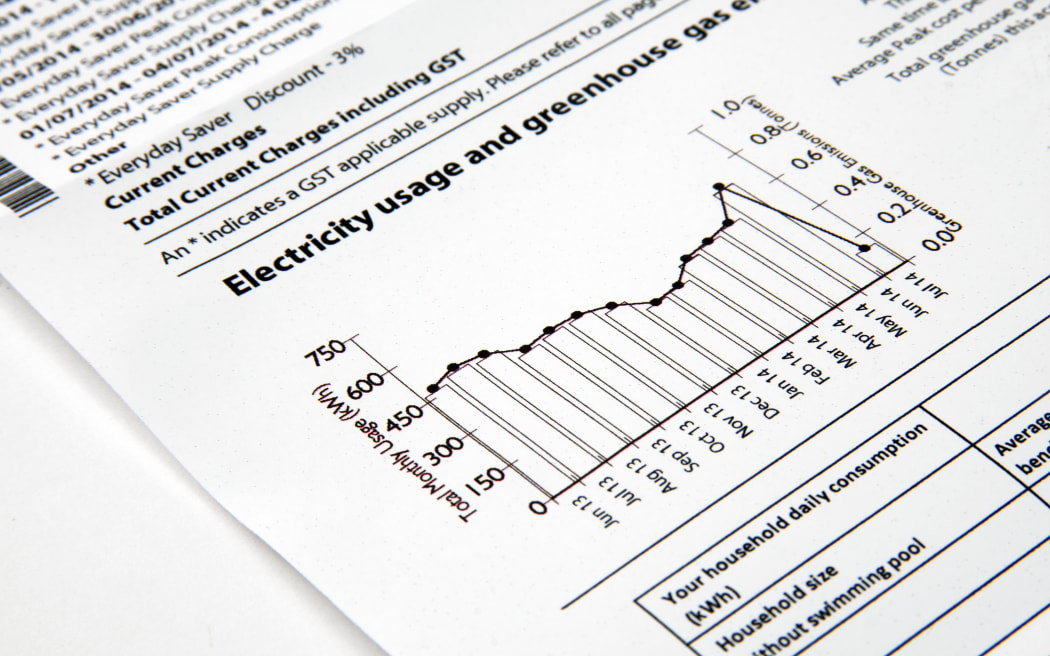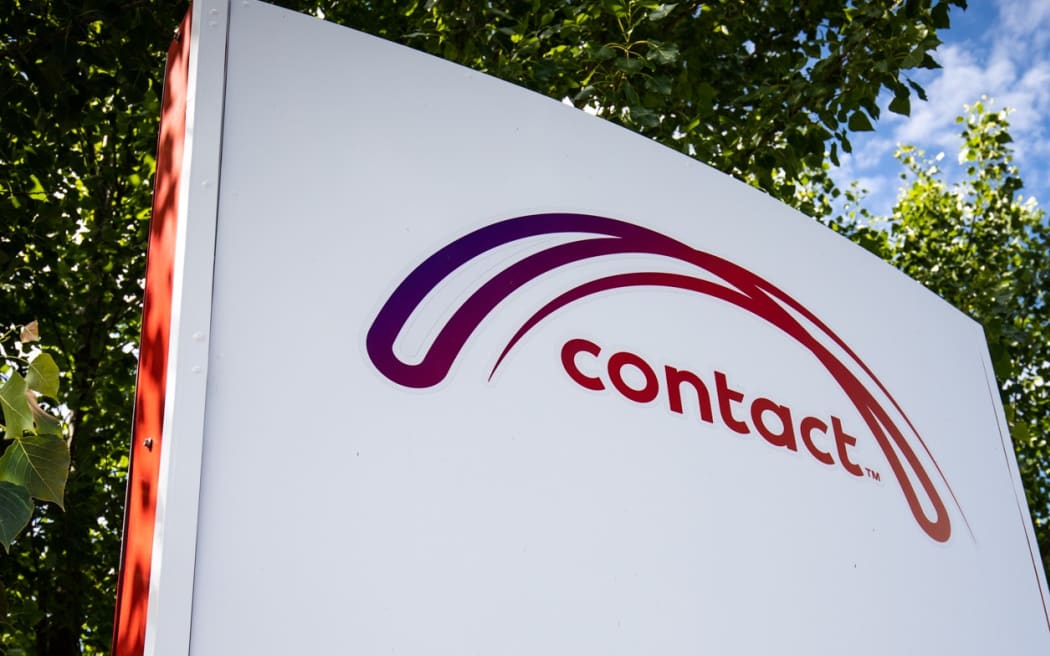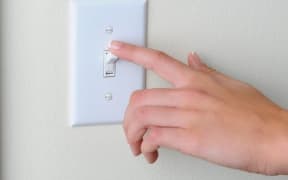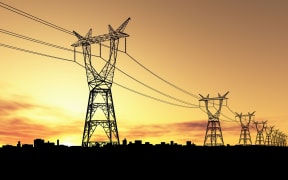
(file image) Photo: 123RF
Contact Energy is warning consumers they face significantly higher power bills from April 2025, when new regulated line charges kick-in, on top of inflation-linked increases from this April.
Contact reported a strong first-half net profit, helped by right-sizing its retail pricing ahead of what was expected to be large increases in regulated lines charges set by the Commerce Commission.
The regulated charges were being increased, perhaps 10 percent, to cover the cost of needed network improvements in the order of tens of billions of dollars over the next decade.
More electric vehicles on the road and high demand for industrial processed heat were also factored into planning.
Lines charges accounted for about 40 percent of total retail power bills, so a 10 percent increase in lines charges would automatically add 4 percent to a bill.
"And then there is the energy inflation element on top of that, so it does translate to cost increases in the order of about 5 to 6 percent, just to stand still," Contact chief executive Mike Fuge.

Contact believes consumers will begin to reap the savings once the country converts to 100 percent renewable energy generation, without the need for thermal. (file image) Photo: RNZ / Nate McKinnon
Other charges associated with the switch to renewable electricity, from thermal-generation, would also add cost to the prices paid by consumers in the short term at least.
Contact chief financial officer Dorian Devers said the price for emitted carbon was expected to nearly double to $130 a cubic tonne, from current pricing of about $74.
"We think that's where the carbon price needs to go. We think that's where it will go, because under the new government - getting rid of the corporate welfare - I think the carbon price is going to be used as a tool to enable decarbonisation," Devers said.
However, consumers would begin to reap the savings once the country converted to 100 percent renewable energy generation, without the need for thermal, Fuge said.
"We do recognise that household electricity cost are increasing but we are very passionate about enabling households to save," he said, adding there were a number of programmes in place to help consumers reduce their energy costs.







